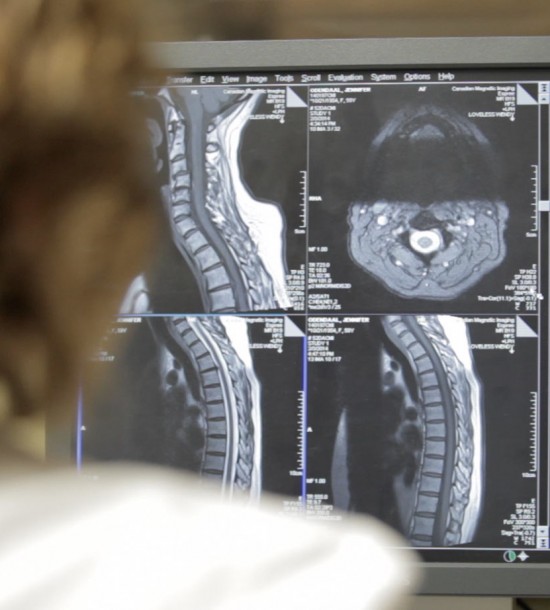Mussio Goodman Wins Another WCB Tribunal Decision Against ICBC
Posted on by Mussio GoodmanMussio Goodman Wins Another WCB Tribunal Decision Against ICBC
When an injured motorist first informs ICBC of the accident, one of the questions they may be asked is whether they were working at the time of the collision. This is because, if both drivers were “workers” as defined by the Workers Compensation Act, there can be no injury claim against ICBC; rather, any compensation must be sought through WCB instead.
This is an unfavorable situation to any injured party, as the WCB regime does not provide any compensation for pain and suffering, and only limited reimbursement for lost wages.
Naturally, given the chance, ICBC will argue that a claimant was working, or performing some sort of work related activity, to avoid having to pay out. This was the case in Yushchenko v. Costa.
In this case, the Plaintiff drove from his office to meet his mother at home for lunch. The car accident occurred as he was on his way back to work.
Generally speaking, an injured party is not declared to be “working” pursuant to the Workers Compensation Act if the accident occurred during a lunch break. However, ICBC argued that the Plaintiff was defined as a “traveling employee”, meaning the nature of his employment required him to drive. As a consequence of being a traveling employee, ICBC asserted that his lunch break was still within WCB’s jurisdiction since it was a routine part of his work day.
We argued that the Plaintiff’s lunch break was anything but routine. Rather than choosing to eat in the company lunch room or driving to the closest available eatery, the Plaintiff’s lunch break required a substantial deviation from his work routine in that he drove out of his way to have lunch with his mother. The lunch, therefore, constituted a distinct departure for a personal errand, and therefore, WCB coverage does not apply.
The tribunal agreed:
[54] This was not a case of the plaintiff stopping for a meal in the course of a journey. Rather, this was the case in which the plaintiff drove some distance, away from the central area of one municipality where the temporary work location was located, to a residential area of an adjacent municipality for the purpose of going from to have lunch with a family member. While the crossing of municipal boundaries has no significance in itself, it may in some circumstances flag the fact that the journey had a special purpose.
[55] This was also not a situation in which the plaintiff had to travel some greater distance due to limited options for having lunch in the area of the temporary work location. Rather, it appears the plaintiff was motivated by personal factors in his decision to have lunch at home. In particular, he had arranged in advance to have lunch at home where family member prepared lunch for him.
[56]…The fact that he was meeting a family member, and drove some distance beyond what would have been necessary to locate a convenient place to have lunch, support a conclusion that the plaintiff was engaged in a distinct departure on a personal errand.
[57] Accordingly, I consider workers’ compensation coverage did not apply in relation to the plaintiff’s travel… I find therefore that the plaintiff’s injuries did not arise out of and in the course of his employment.
With this result, the Plaintiff is now entitled to pursue his ICBC claim for pain and suffering, lost wages and out-of-pocket expenses resulting from a severe back injury he sustained in the accident.
Tweet


